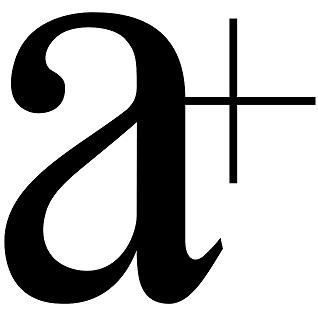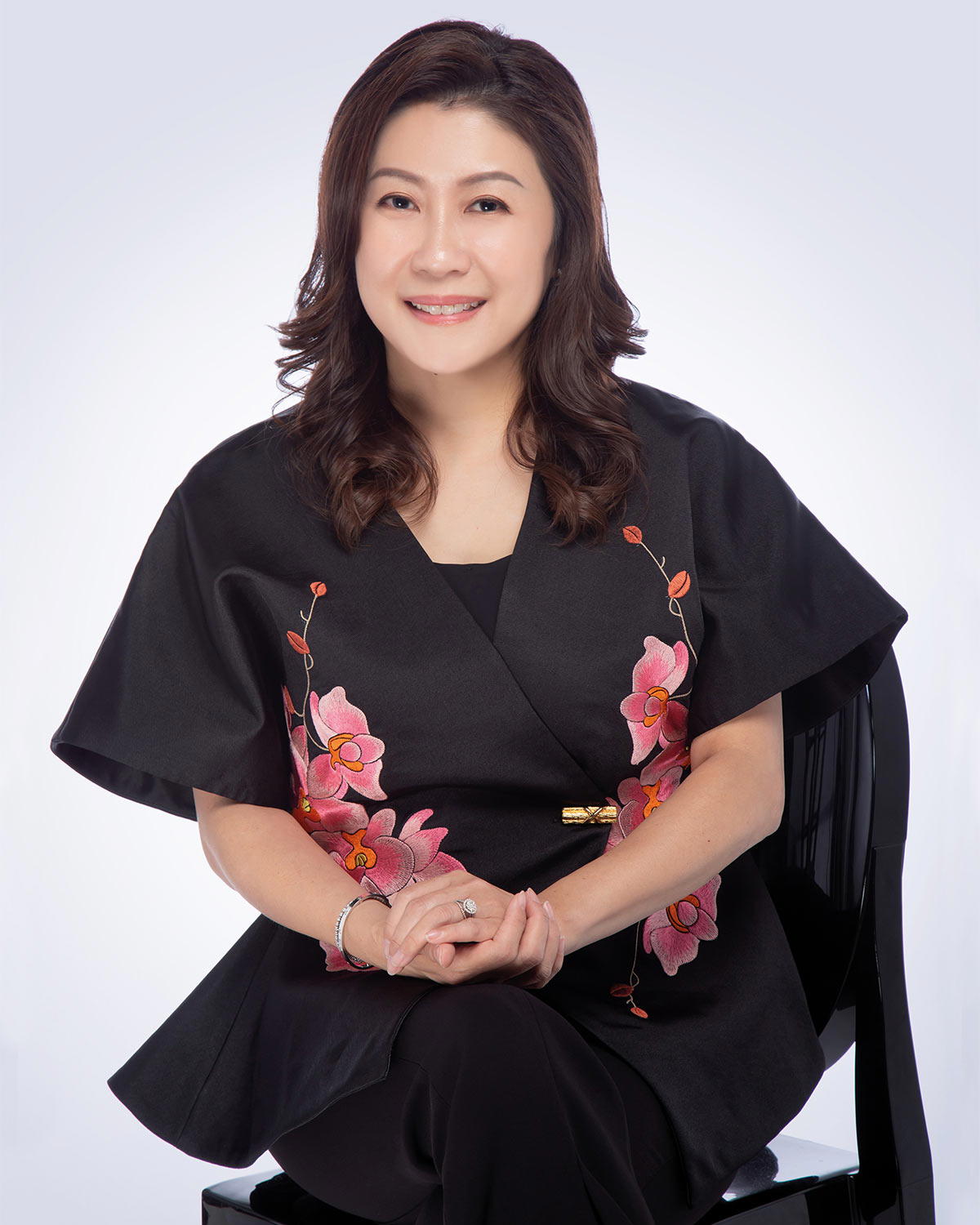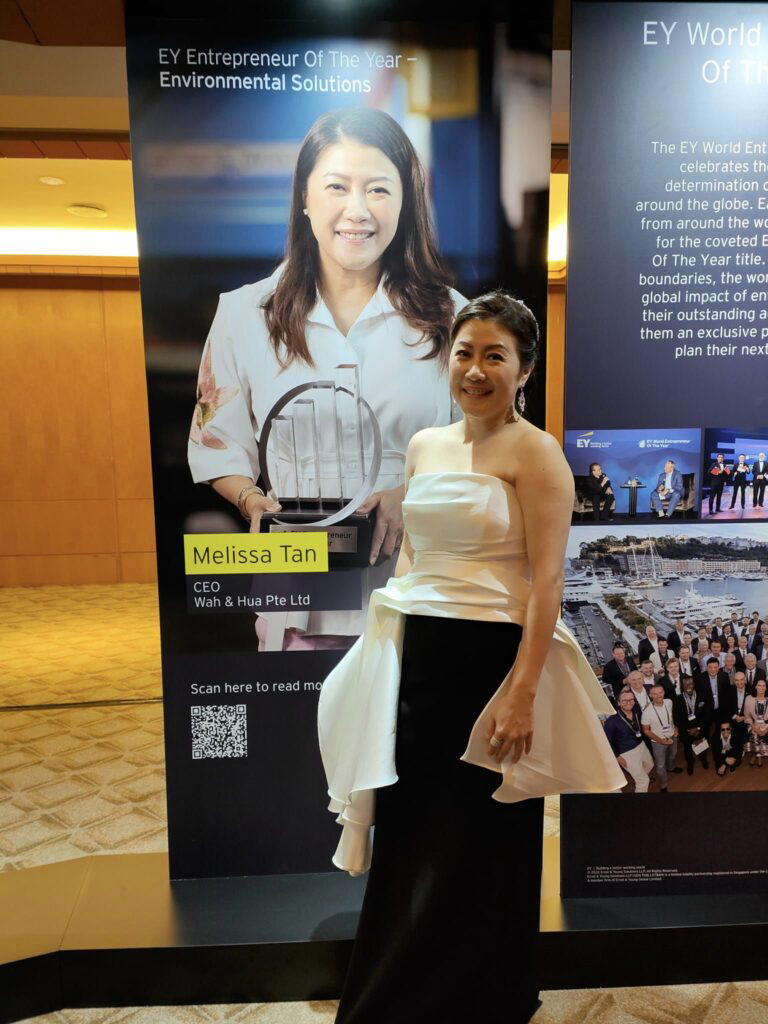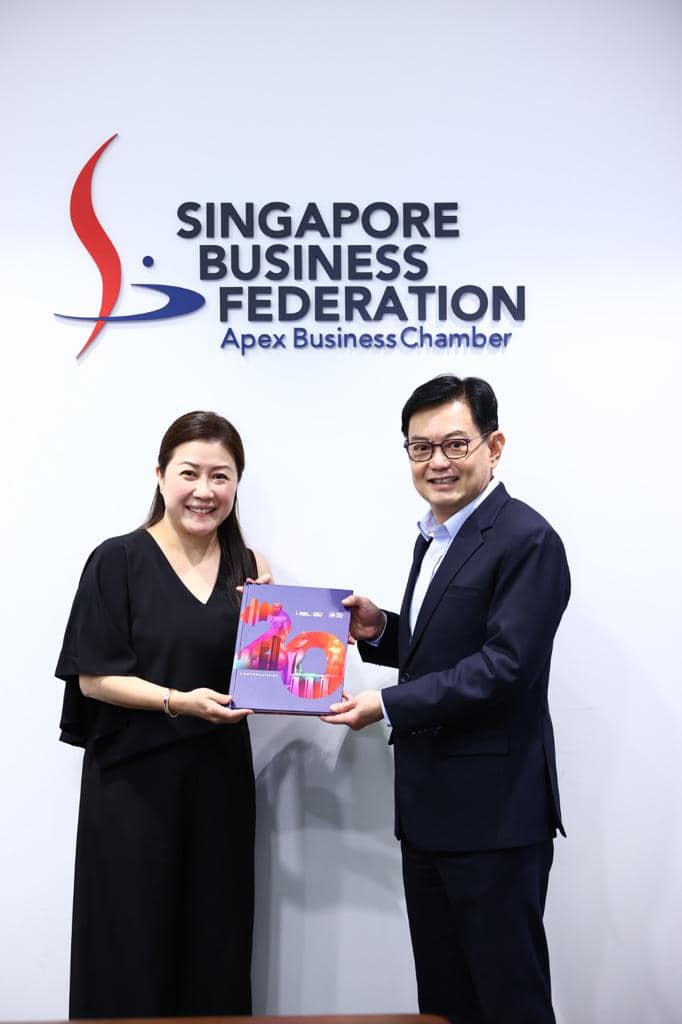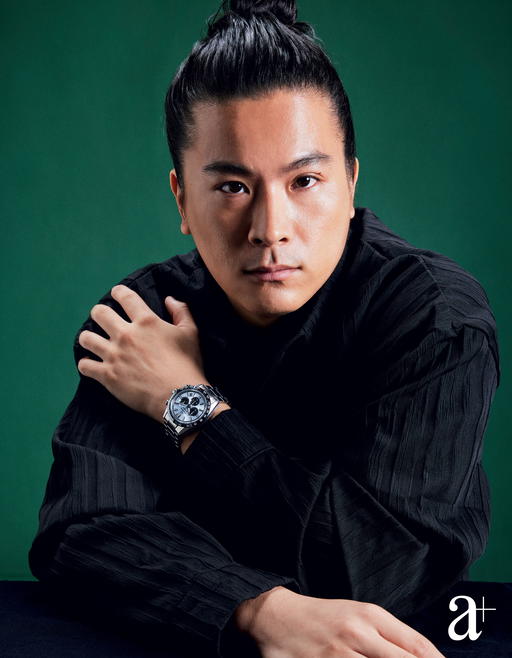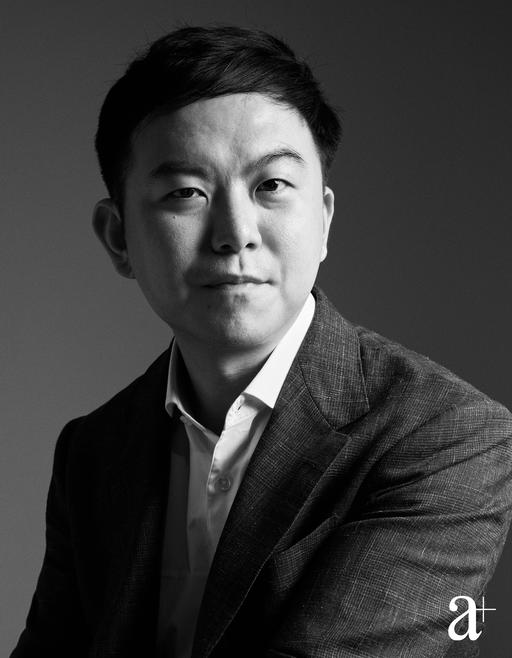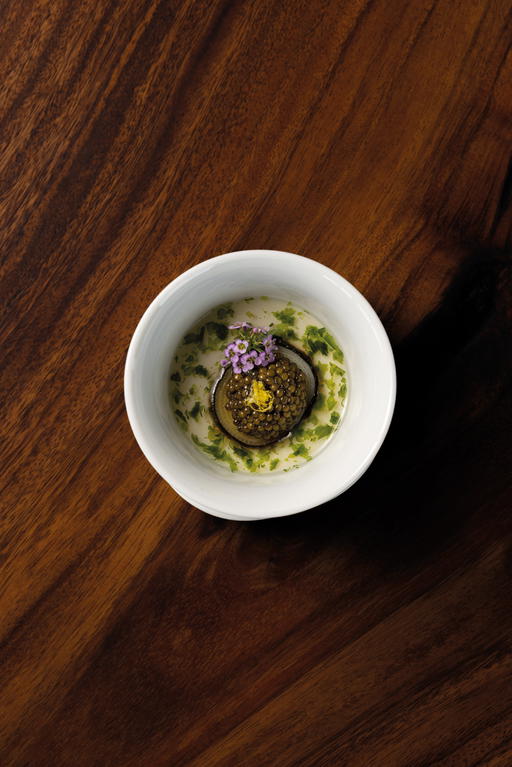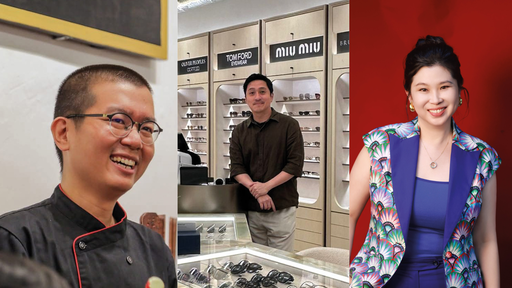2023 will mark a capstone in the career of ‘garbage queen’ Melissa Tan — an epithet blithely embraced by the CEO of Wah & Hua. The homegrown waste management company started by her father Steven Tan in 1978 as a rag-and-bone operation is set to open a 100,000 sq ft waste-to-energy facility in Tuas. It will have the capacity to generate 9.9 MW per hour of electricity used to power on-site operations, with excess sold to the grid.
“Unlike Keppel or government plants that burn everything, we incinerate recyclable materials that cannot be sold for value,” explains Tan, adding that the plant’s emissions will be treated to minimise air pollution.
For all intents and purposes, the facility closes the manufacturing loop, hence dovetailing with Singapore’s zero-waste ambitions. It also represents an apotheosis in Tan’s sustainability journey since she joined the company in 2000. Her efforts include foraying into waste processing — which now contributes to 30 per cent of business revenue — and investing in smart garbage trucks fitted with solar mats and dust filters.
Were these moves informed by foresight of the circular economy’s escalating importance? “Actually, no. Though when I was studying in Australia 20 years ago, I did notice that they already had recycling bins and did not collect trash on a daily basis, unlike in Singapore.”
Before the term ESG (Environmental, Social and Governance) was galvanised in part by the pandemic, Tan says family business decisions were predicated on survival. “Our employees are very loyal, and it is my duty to ensure they are bringing money back to feed their families. Most of them are men and sole breadwinners so that’s where my responsibility becomes heavier.”
The second-generation entrepreneur set out to expand the firm’s waste collection business and boost its recycling capabilities. They branched out to exporting viable materials derived from both public and commercial waste to countries such as Australia, UK, Indonesia and Thailand.
“Slowly, as I understood what was happening around the world, we decided to do things differently. It is very rare for waste companies to process their own waste before exporting (by-products) because we lack the volume. But while I may not be able to sell them at good margins, I’ll at least have an international foothold,” shares Tan, who was named a 2022 Entrepreneur of the Year — Environmental Solutions by Ernst & Young.
The assertion isn’t hokey — going by her claims to be in advanced stages of talks with neighbouring countries to help construct zero-waste facilities like the one in the offing. She says she’s received enquiries from as far afield as Russia, and is eyeing the carbon credits space. Amid Singapore’s highly competitive waste collection sector, Wah & Hua’s relative leanness may have allowed it to run circles around other monolithic corporations girdled by bureaucracy.
In a big ocean with whales, sharks and all kinds of fish, I like to be nemo — the colourful one that’s small, nimble and can swim to survive
Melissa Tan
“In a big ocean with whales, sharks and all kinds of fish, I like to be nemo — the colourful one that’s small, nimble and can swim to survive,” she says, smiling.
Singapore may be well-placed to meet its recently recapitulated net-zero targets for 2050, with its newly launched global exchange for carbon credits, but the reality on the ground belies its ambitions. For one, the recycling rate in 2021 stalled at a 10-year low. Tan, who chairs the Waste Management & Recycling Association of Singapore, attributes this to a lack of public awareness of proper recycling practices.
“The commercial recycling rate is more than over 90 per cent but the national average is lower due to the public not practising proper recycling. There is often a lot of contamination.”
Having helped out in the business growing up, Tan has noticed a dwindling in quality of plastics, which she says crimps recycling efforts. “Plastics that contain a mix of different properties are more difficult and expensive to be broken down.”
Considering the planet’s gluttonous appetite for non-perishables, what is a prudent way forward?
“Going back to simplicity. Even as a country advances, there may be certain things we’ve done 40 years ago that can be adopted to better protect the environment,” she argues, making a case for mono-material packaging.
Despite the numerous untapped opportunities in Singapore’s green economy, she flatly highlights how the private sector’s sustainability claims often ring hollow. “Many companies are reluctant to pay higher premiums to achieve greater sustainability.”
For someone who once nursed lotus eating ambitions of “marrying a doctor and becoming a tai tai”, but ultimately acquiesced to her father’s call to join the business, Tan’s moxy is undeniable. She was certainly no babe in the woods when it came to importuning family members and staff opposed to her plans for automation.
“We literally fought. I said to my father and uncle: Why don’t you lend me this money to invest in the equipment? If it fails, I will take full responsibility and repay you in instalments,” shares the self-professed ‘tiger mom’ of three teenagers.
And she’s thankful for having exerted her will, the payoff of which is improved productivity and employee well-being.
“We worked with Spring Singapore and Singapore Manufacturing Federation to calculate the increase in productivity, which was around 300 per cent,” she reports.
Employees are now no longer leery of technology, which has proven to be a boon in more ways than one. “That equipment saved my life when the factory caught fire in 2018. Though the fire was so big it could have burnt down the entire plant, it was contained by the machine.” Having refabricated the two-million-dollar equipment, work is underway to incorporate AI and robots in upcoming facilities.
In 2020, Tan sealed the acquisition of Wah & Hua by Singapore-based waste management start-up Blue Planet Environmental Solutions. The partnership effectively fuels her expansion plans.
“In the past, people would always call me garbage queen, which I like for its uniqueness. But I asked myself whether I want to be the garbage queen for the rest of my life. The answer is yes and no. Yes, because I want to continue running the business and find meaning in keeping the country clean. No, because I don’t want to be an SME anymore due to its restrictions,” she stresses.
